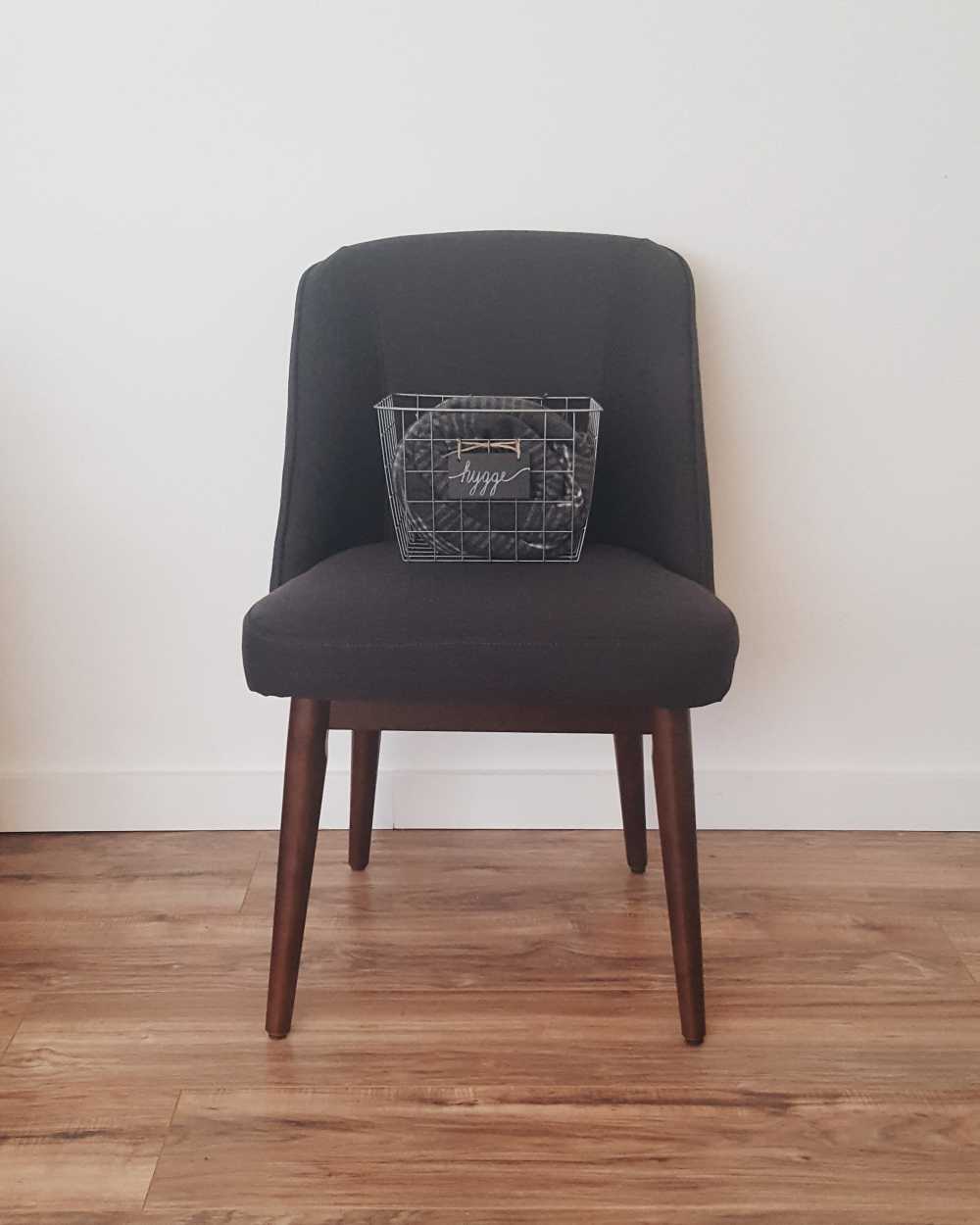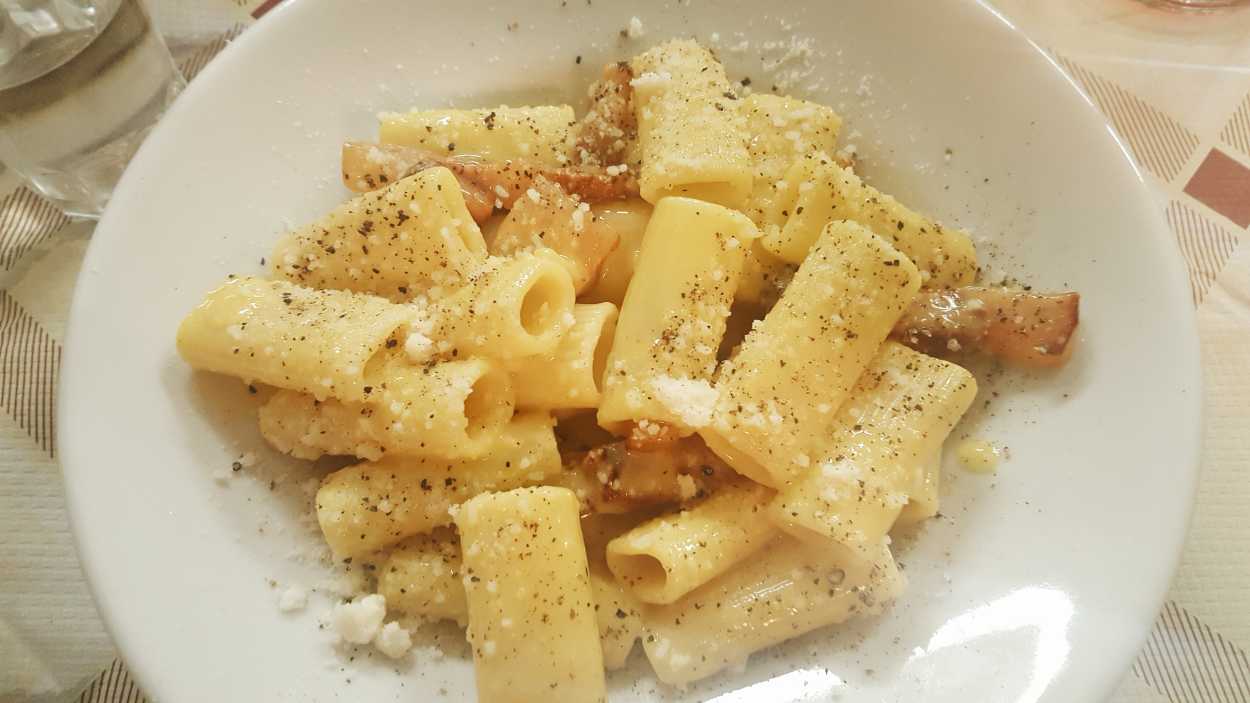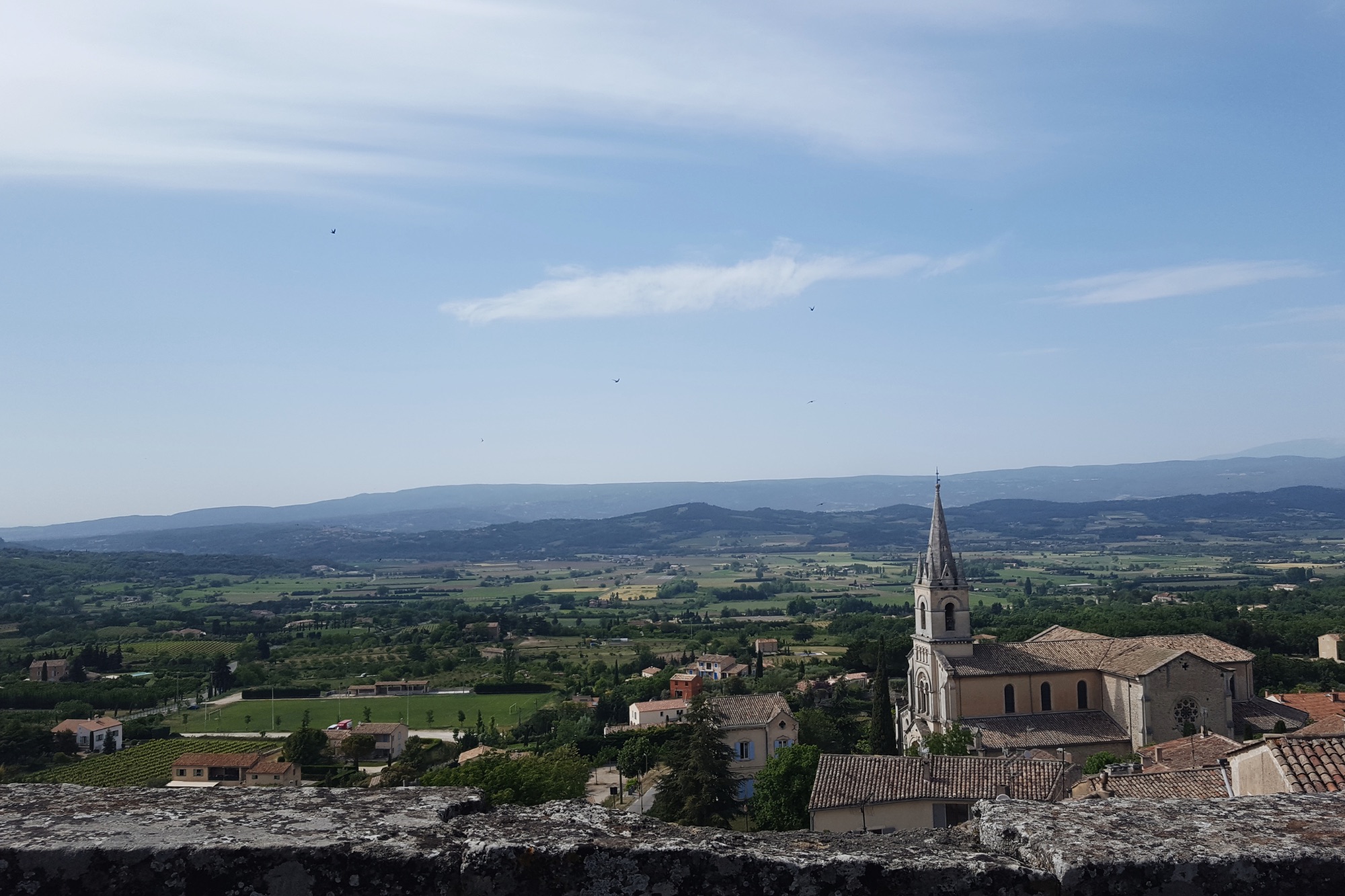As someone with a degree in Linguistics, I’m often asked if I speak any other languages; unfortunately, the answer is no. The more I travel, the more it makes me wish I did.
There are certain words and phrases I try to learn before I leave for a trip, but I find that certain ones stick around in our daily lives even after I’ve returned home. Sometimes I feel I can better express myself using these words, and other times they are just more fun to say than their English counterparts.
This post contains affiliate links
Without further adieu here are ten of my favorites from destinations I’ve visited:
TEN FUN FOREIGN WORDS FROM RECENT TRAVELS
Fika
Swedish
I actually own two cookbooks with this title, which is not a surprise because in Sweden, a “fika” is a coffee break. This break time is complete with something sweet and enough time to actually enjoy your beverage and your company. There’s not much time for fika in the US, so I can usually only say “Ska vi fika?” when I’m at home on the weekend or traveling.

Tak |Takk |Tack | Merci | Gracias | Grazie
Danish | Norwegian | Swedish | French | Spanish | Italian
We probably use these in combination more than we actually use the English “thank you” at home because it’s more fun to say. You also know we’re extra grateful when we drop a “tusind tak,” “mille mercis,” or “grazie mille,” which all mean “a thousand thanks.”
Pas mal
French
Literally, this means “not bad,” but as far as I can tell, this is how you express something is actually really good in France (as opposed to “très bon,” which literally means “very good”). I use it in both contexts at home.
Hygge
Danish
By now you’ve probably heard this one, as proven by the fact that my local library has no fewer than six books with “hygge” in the title. They say it has no literal translation into English, though “cozy” is the most closely associated term. I use this one a lot at home; since I am gone so much, I love to light candles, curl up with Michael on the sofa, and enjoy a nice sweet treat together when we get back. We even have a “hygge basket” where we store our hygge woolen blanket.

On line
Northeastern United States
Okay, not really a foreign word (though sometimes NYC feels like another country). I am accustomed to using the phrase “in line,” as in “I am currently in line waiting to check out at the grocery store.” In New York, I’ve noticed that I am more likely to hear “on line,” as in, “next on line (please).” The please is apparently optional.
Caso cerrado
Spanish
This translates to “case closed.” We use this mostly when solving a very minor problem, such as looking for a spare sock or trying to decide what to eat for dinner.
Je suis desole
French
This is how we learned to say “I am sorry” in French, but this phrase gets used most at home when we’re actually not sorry, but feel obligated to say it anyway.
Basta
Italian
Last summer we took the train from Nice, France, to Ventimiglia, Italy, just to say we’d “been to Italy” and have pizza. Michael wanted to go to a place called “Pasta e Basta,” but we ultimately ended up at a similarly-named place called “Pizza and Pasta” (to add to the confusion, by the time we got there, they had changed their name to “La Musa”). This didn’t stop us from constantly adding the phrase “…e basta” any time one of us suggested pasta for dinner once we got back. It wasn’t until later that we learned “basta” means “enough,” so we now also use the true meaning as well.

Fatigué
French
Before we went to France for the first time, Michael and I tried a selection of free videos from the internet and public library for learning French (yes, despite learning in my courses that this is an unhelpful method for true language learning). One video was quite corny, and it went too fast, except for teaching the phrase “Je suis fatigue,” which means “I am tired.” We didn’t ever need to let any French people know we were tired on our trip, but we use this one a lot at home.
Allora
Italian
We can actually thank Aziz Ansari in Master of None for this one. I learned this one after we got back from Italy, but apparently, you use it as “well, …” Like in, “Allora, I guess that’s the end of this post.”
Enjoyed this post? You may also like:
- 20 Questions You Should Ask a Potential Travel Partner Before You Leave Home
- How to Split Travel Costs When One Person Makes More Money
- 5 Easy Ways to Save Money This Week (for your next trip!)
- What Happens When You Cancel a Non-refundable Trip?
- The One Accessory You Should Always Pack
- Why You Should Never Use PayPal When Paying for Travel Expenses
- My Flight Got Canceled and All I Had To Wear Was This Dress
- How We Search for Flights
- I won a trip! (Now what?)
- All Travel Guides Sorted by Destination
- Exclusive Discounts + Promo Codes
Do you have any favorite foreign words or phrases?




Fun to see that you studied linguistics. My MA is in linguistics, and it’s not very often that I meet others who have studied it. I can hear Aziz Ansari saying “allora”right now! It was such a cute part of that season. 🙂
Hooray for fellow linguists! Except I’m not actually using my degree at this moment (and that’s okay!). How about you?